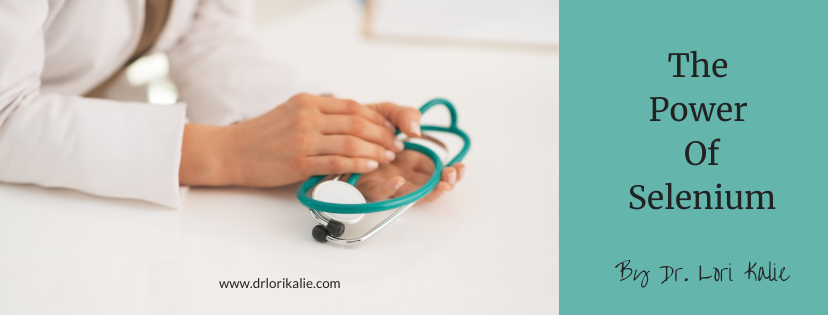The power and impact of thyroid function cannot be overstated. It controls our most integral and vital organs, such as the heart, brain, liver, kidney, and skin. It is also in charge of healthy and balanced human growth and development. Despite the wideness of the thyroid’s impact, the reasons and triggers of thyroid dysfunction are much more narrow in scope. The primary reasons you may experience a disturbance in levels of thyroid hormone production are due to deficiencies in key nutrients, the build-up of toxins, contracting infections, and a less than ideal inner ecosystem. These reasons are all connected to each other in one way or the other – nutrient deficiency leads to weaker immune systems, making the body increasingly vulnerable to infections. This, in turn, leads to a reduced ability to withstand stress. All of these factors—alone and combined—can lead to a compromised inner biology.
When problems and their causes are so closely interconnected, so are their solutions. If you set out to find the solution to a single one of these problems, there is a good possibility this will initiate a domino effect of collateral benefits for more problems. Making the move to a thyroid-friendly diet is one of these solutions. By limiting foods that send thyroid function out of whack, you can increase the foods that help assist your thyroid in carrying out what it is supposed to be doing. There are also additional nutrients and minerals that can be major game-changers when it comes to resolving thyroid function issues.
Selenium is one of these minerals. Depleting levels of selenium inhibit thyroid hormone production and prevent your body from converting thyroid hormones into a form your body can absorb. It is an essential component that makes up different seleno-proteins, which are molecules that are necessary for the body to create and utilize thyroid hormones.
Selenium supports a healthy thyroid gland by regulating the synthesis of thyroid hormones. It also helps convert thyroxine (T4) (the most prevalent thyroid hormone) into the more absorbable, bioactive thyroid hormones, triiodothyronine (T3), which speed up our metabolic rate to a base level. It also protects the thyroid’s tissues from being worn out by persistent, oxidative stress.
In addition to helping produce thyroid hormones, selenium also maintains the existing levels of thyroid hormone in circulation. Selenium composes a number enzymes that are in charge of ensuring that thyroid hormone levels do not spike or decrease to unhealthy levels. These enzymes are known as seleno-de-iodinases. They help maintain T3 levels in the thyroid, liver, brain cells, and kidneys. Another enzyme that selenium helps build is glutathione peroxidase, which helps inhibit rising levels of T4 when they reach unhealthy levels of excess production.
Selenium works together with iodine. The problems that result from a deficiency in selenium are exacerbated by its connection with iodine, another integral component of thyroid health. What is essential about thyroid health is that everything relies on balance, with nothing being too much or too little. Selenium reuses iodine in the body by recycling it, so selenium and iodine levels are intimately connected. When iodine levels are low, selenium functioning is impacted.
Selenium depletion has a cascading effect on your thyroid. Keep up your levels with Brazil nuts, organic meats and mushrooms, and seafood like tuna and halibut.
Download my FREE 5-Day Thyroid Recovery Plan. You will get information about how to reverse your thyroid condition and a meal plan and thyroid friendly recipes for 5 days.







